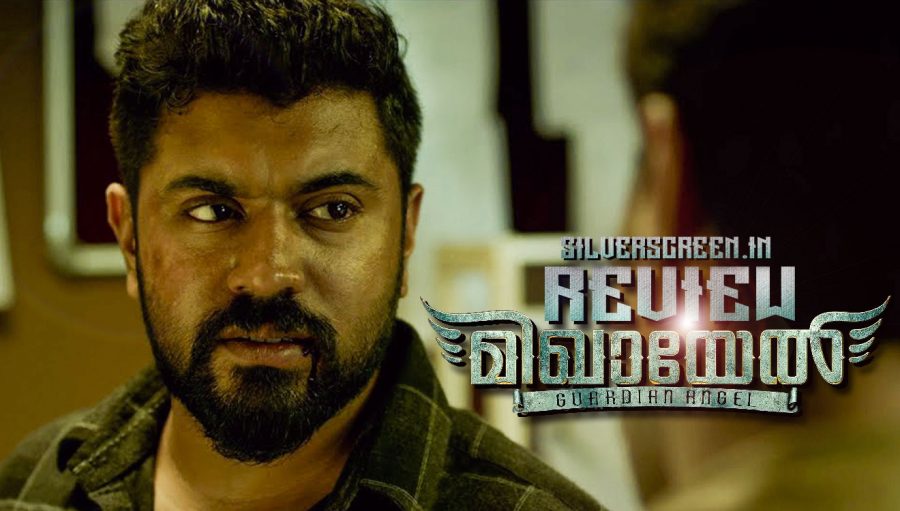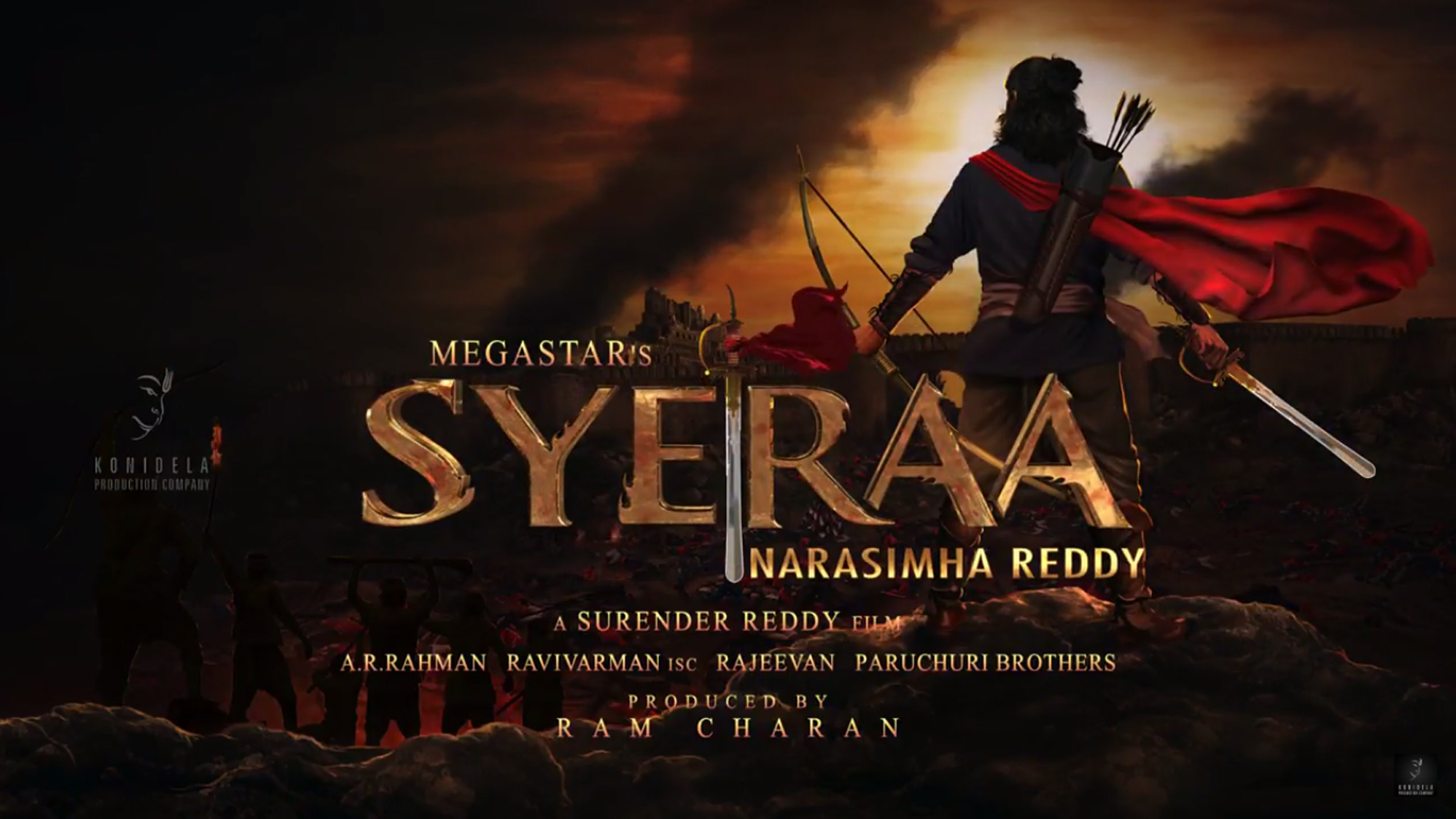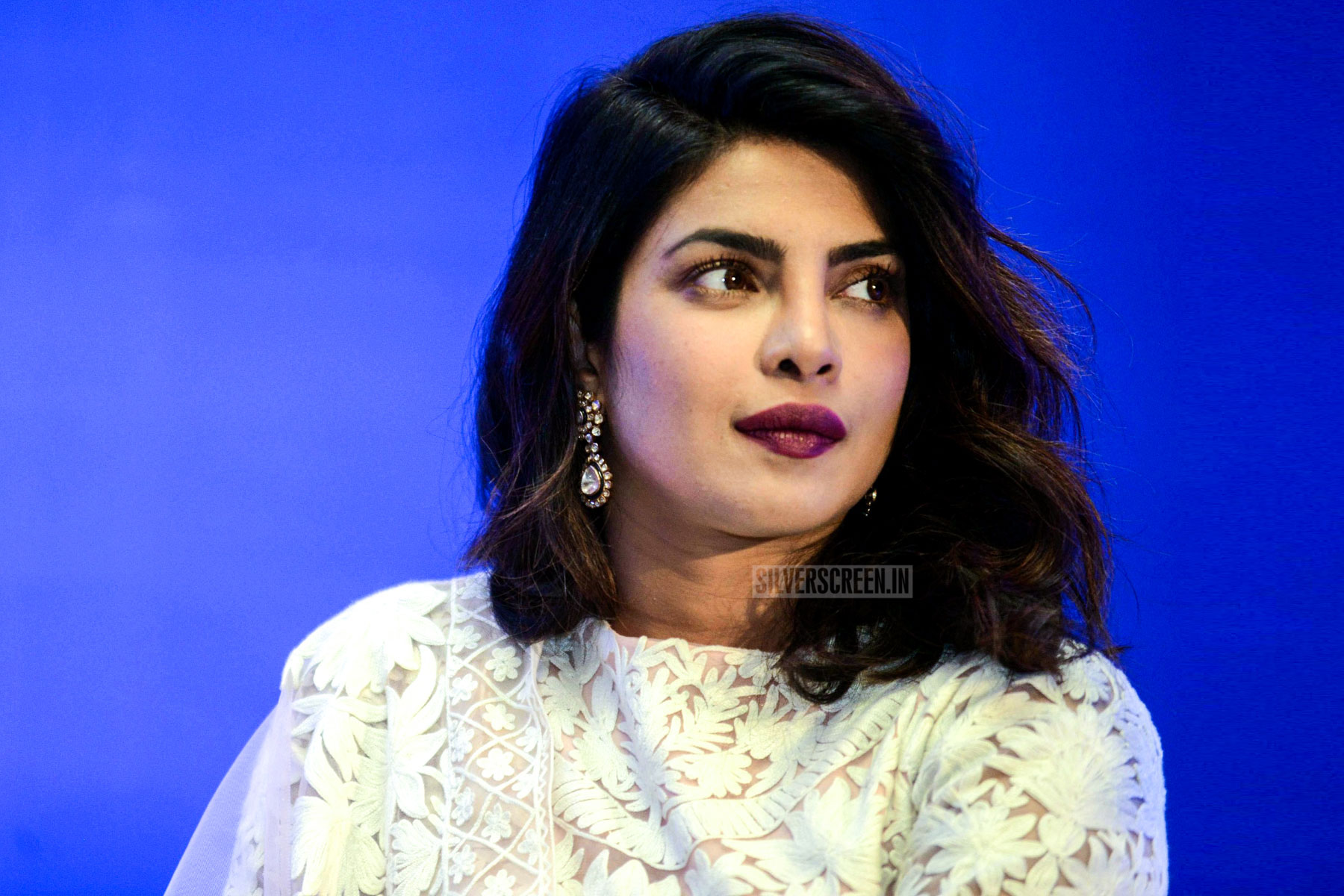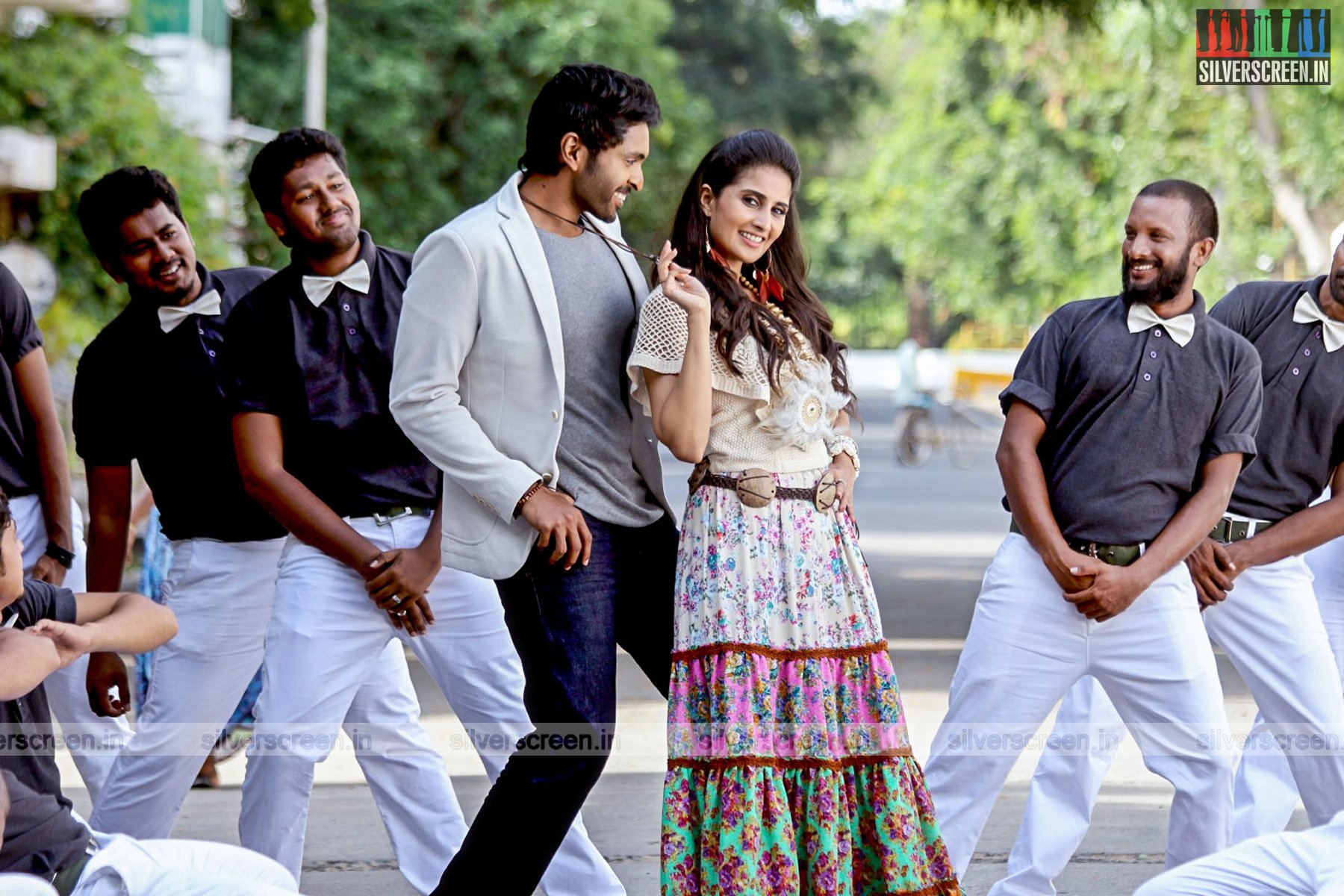Spoiler Alert
Haneef Adeni’s Mikhael, like his previous films such as The Great Father and Abrahaminte Santhathikal (which he scripted), is set in a world of chic branded clothes, suits and luxury vehicles that vye for attention. Criminals and the police display strong narcissistic tendencies – they go on secret operations in designer cars of the brightest colours, wearing easily impressive accessories which later become clues that give away their identity. One of the central characters, a villain who gets more space in posters than in the film, sports expensive sunglasses and hats which act as substitutes for his non-existent personality.
This is one of the many recent films in Malayalam that are unreasonably nihilist in its tone, and use Biblical verses and atmospherics to cover up the lack of intelligence in writing. Most of the characters, including school children and medical students, display psychopathic behavior or a strong tendency for violence. Men fall dead like fireflies throughout the film, but that wouldn’t have looked so bad if the character milieus, plot points, and the politics that the film puts forth were powerful. The absurdest is the moral uprightness that the film wears on its sleeve. The protagonist, Mikhael (Nivin Pauly), is a doctor with a secret talent for executing the perfect murder. After spending most of the film’s running time in staging various kinds of violence, Adeni culminates the film by pitching his hero as a humanitarian, in a preposterous scene of organ donation.
The film opens to the gruesome murder of George (Siddique), a wealthy business man and a psychopath. The man’s brothers who seem to be equally psychopathic — Marco (Unni Mukundan), David (Jayaprakash) and David’s two sons (Sudev Nair and Sijoy Varghese) — start pointing fingers at each other. Meanwhile, two newly appointed police officers (JD Chakravarthy and Suraj Venjarammood) start making covert moves towards eliminating the warring brothers. Into this tapestry enters Mikhael (Nivin Pauly), a young doctor at a city hospital who, on his usual days, lives like an average Joe. A bunch of murders later, we learn of the link that connects Mikhael to George.
***
Logical loopholes galore in this convoluted plot. At one point, George starts harassing Mikhael’s family who, even after losing one of them in a road accident pulled off by George, does not seek the help of the law and order system of the land. The only cop whom they approach is a famous confidante of George. The villains get great build-up in the form of screeching background score, courtesy Gopi Sunder, and unnecessary slow-motion shots. Yet it’s hard to take them seriously for they don’t seem to have a plan in mind. In one of the scenes, Marco makes an appearance in the washroom of Mikhael’s stepfather (Ashokan) in a near naked state. First of all, it isn’t clear why the former had to go this extra mile to bully a man who isn’t an influential presence in Mikhael’s life. Yet, you wait with bated breath to see what his next move is, and you get multiple pointless slow-motion shots of the man walking out of the house to his car, proudly displaying his gym-groomed body, reaffirming your suspicion that Unni Mukundan has reduced himself to the most sought-after eye-candy piece in Malayalam ‘action-dramas’.
Adeni who opts for these ridiculously slow motion shots for random everyday moments, goes for rapid cuts and acrobatic camera movements in combat scenes. And the action choreography is designed to look utterly pretentious. In one of the scenes, Mikhael fights off five martial arts warriors in a garage while delivering punch lines to his sister on phone, looking straight into the camera. While one can’t blame Nivin Pauly for trying to expand his oeuvre with an action-hero role, his lack of physical fluidity comes in the way of his ambition.
Nevertheless, this is, arguably, the neatest of the young filmmaker’s filmography. The non-linear narration works well, especially in masking and unmasking the persona of Mikhael which partially saves the predictable and cliche-ridden story-telling.
Recommended
In Mikhael as well as in The Great Father, the characters’ final journey involves them getting in touch with their violent masculinity. In Great Father, a daughter encourages her father (Mammootty) to be an alpha male. After she gets raped, he refuses to take her to hospital or register a police complaint, but takes out his suave leather jacket and sets out on his own to hunt down the criminal. In Mikhael, the hero’s teenage sister prods him for his lack of masculinity. After she comes under attack of the villains, he turns into a killing machine in the pretext of guarding his family. The transformation is highlighted using punch background scores and again, slow-motion shots. Most of all, the most complex problem about Adeni’s films is the way he defines men.
***
The Mikhael review is a Silverscreen original article. It was not paid for or commissioned by anyone associated with the film. Silverscreen.in and its writers do not have any commercial relationship with movies that are reviewed on the site.



